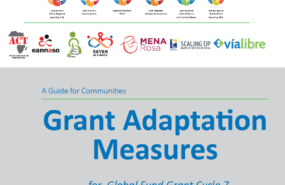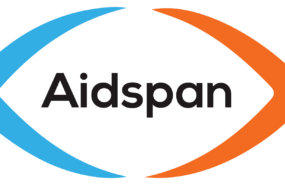Get feedback on your conference abstract and increase your chances to participate!
- 24.11.2016 05:41
- Post Views: 1,882
From 21 November 2016 until 10 January 2017 you have the opportunity to submit a draft of your conference abstract for the 9th IAS Conference on HIV Science (IAS 2017) that is to take place at on 23-26 July 2017 in Paris, France and receive professional feedback from designated mentors thus increasing your chances of submitting a successful abstract.
The program is designed for early and mid-career scientists, researchers, and specialists from regions with limited access to resources.
To submit your abstart for mentoring, you need to undertake the following steps:
- Complete the mandatory JIAS/ Health[e] Foundation e-course: scientific writing: conference abstracts e-course.
- At the end of the mandatory course, you will be asked to participate in a short survey. After the survey is completed, you will be given a code. Please make a note of this code – you will need it to register for the Abstract Mentor Programme.
- Prepare a draft abstract for submission in accordance with the IAS 2017 conference abstract submission guidelines.
- If possible, ask a supervisor or colleague to review your draft abstract and give you feedback.
- If available, use spelling and grammar check (e.g. Office Word Spelling and Grammar function).
- Log in to your conference profile (having registered here after December 1; also note the opportunity to receive a scholarship) and use the code received at the completion of the JIAS / Health[e] Foundation e-course to submit your draft abstract for mentoring.
Source: IAS2017 website
More details on the conference can be found here.
Related News
Services for migrants and refugees from Ukraine – HIV/TB care with a focus on key populations
Due to the increasing flows of refugees from Ukraine because of Russia’s invasion of Ukraine, the EECA Regional Platform created a spreadsheet to fill contacts details of face-to-face and online services for refugees and migrants (with a focus on HIV/TB care and key population groups).
Regional Platform – EECA
This web-resource is a part of new regional communication and coordination project “Regional Civil Society and Community Support, Coordination and Communication Platform - EECA”, implemented by Eurasian Harm Reduction Association (EHRA).
Tags
See also
-
Grant Cycle 7 Reprioritization: How can communities prepare? 02.07.2025 12:03
-
Webinar: Using Global Fund's Data for Advocacy 12.06.2025 12:00







